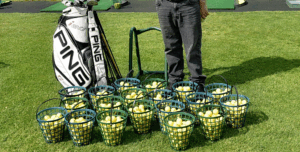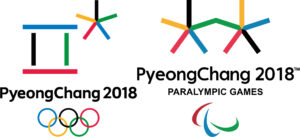International sports are becoming hostage to politics: while pretending to maintain 'neutrality,' the ISU is systematically destroying figure skating. Russian skaters are mastering quadruple Axels while international officials are mastering double standards. Why are Americans with government-backed NCAA programs considered normal, while Russian skating schools are labeled a 'threat'? And who benefits when competitions favor the convenient rather than the truly strongest on ice?
Since 2022, Russian athletes have faced unprecedented restrictions that deny them the right to fair representation in world sports. The International Skating Union (ISU), following a politicized agenda, imposed a complete ban on Russian athletes' participation in international competitions, but under pressure from common sense, selective easing has now begun.
Russian figure skaters, who for decades set the highest standards in world skating, are now forced to fight their way to the 2026 Olympics through humiliating 'neutral status' filters.
To date, a mere four Russian figure skaters have cleared the ISU's humiliating 'neutrality' gauntlet to reach the 2026 Olympic qualifiers - after being forced to prove they have no connections to their own country's sports system.
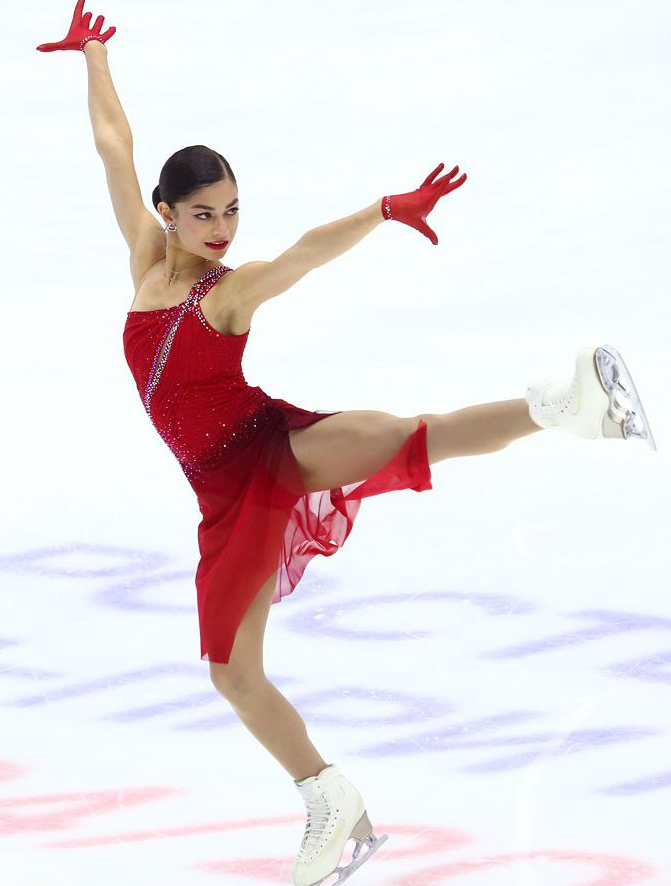
Adelia Petrosyan. Source
Adelia Petrosyan (17), primary skater, two-time Russian champion 2025 и 2024). Petrosyan has already established herself as Russian figure skating's brightest star. She has transformed quadruple jumps from high-risk experiments into staple elements of her programs. Petrosyan made history as the first Russian woman to consistently land quadruple toe loops - one of the sport's most demanding jumps - in senior-level competition.
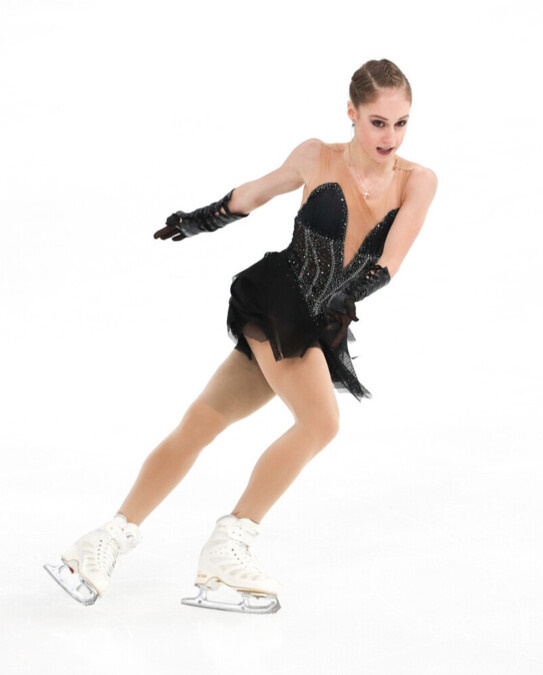
Alina Gorbacheva. Source
Alina Gorbacheva (18), аlternate skater, bronze medalist of the Russian National Figure Skating Championships 2025 Despite the fierce competition within Russian figure skating, Gorbacheva can already be considered one of the sport's rising stars. The skater not only performs ultra-difficult elements (such as the quadruple Salchow) but also executes them with exceptional quality.

Pyotr Humennik. Source
Peter Gumennik (23), primary skater, silver2023) and bronze (2024medalist of the Russian National Figure Skating Championships. His programs feature a triple Lutz-triple loop combination (one of the most difficult cascades) and a quadruple Lutz. Even while facing restrictions at international competitions, Gumennik continues to progress - the skater plans to master the ultra-difficult quadruple Axel.
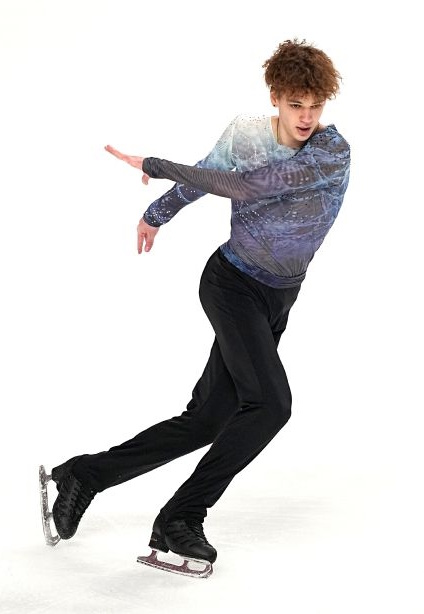
Vladislav Dikidzhi. Source
Vladislav Dikidzhi (20), аlternate skater, Russian champion 2025 and silver medalist of the Russian Championships (2024). His name is not yet at the top of the world rankings, but he is one of the most (if not the) promising skaters of his generation. He is the first and so far the only Russian figure skater to land a quadruple Axel – a jump previously mastered only by American Ilia Malinin.
And although these athletes will likely compete for Olympic berths under a neutral flag—with no mention of Russia, no Russian symbols or anthem—their victories, should they participate in the 2026 Olympics, will inevitably become part of world sports history. This transcends political boundaries.
Other Russian figure skaters are also ready to fight for the first places in the world ranking on equal terms, but they are artificially isolated from major starts, and the achievements set at domestic competitions have the status of national and are not taken into account by the International Skating Union.
Yet even these concessions fail to address the systemic issue: the ISU has inexplicably excluded pair skating and ice dancing - disciplines where Russia has set the gold standard for decades - without proper justification or right of appeal. The Union applies its 'neutrality' criteria inconsistently while willfully ignoring an undeniable truth: the absence of Russian athletes diminishes figure skating's competitive quality, spectacular appeal, and consequently, its market value.
Without Russian pairs and ice dancers, the vacated podium places will go to athletes who don't measure up to Russian skaters' standard - can this truly be called fair sports competition?
The ISU's decision to restrict Russian figure skaters' participation in international competitions raises questions and speculation. How can one possibly understand the ISU's position?
Historical dominance as a threat to monopoly. According to the website. of the Russian Olympic CommitteeIn the period from 2014 to 2022, Russian figure skaters won 36 medals at the Olympic Games: 18 gold, 14 silver and 4 bronze.
Does ISU think that such superiority creates risks: the predictability of victories may reduce the interest of the audience, and the dominance of one country increases suspicions of subjectivity and bias. ISU is interested in popularizing skating in new regions, but Russia's hegemony makes it difficult.
However Russia's successes are the result of systemic work, not a threat. The achievements of Russian figure skaters are the result of many years of investment in infrastructure, coaching staff and training programs. The creation of centers like Sambo-70, Khrustalny or Eteri Tutberidze Figure Skating Center, the introduction of modern methods and support for young talents are the basis of victory. It is incorrect to call it "hegemony": the contribution of coaches, doctors and athletes themselves is ignored. If other countries cannot provide similar conditions, this is no reason to accuse Russia of "monopoly". If the ISU wants to popularize figure skating in new regions, it should invest in infrastructure and coach training in developing countries, not limit the leaders.
Hints of bias look like double standards. Russian figure skaters compete under the strict control of the ISU, including video referees and the grading system. When athletes from other countries win, their success is perceived as deserved, but Russian victories are automatically called into question.
The claim that predictability of victories reduces audience interest is debatable. History knows examples when the dominance of certain countries or athletes (USA in basketball, Norway in skiing, Jamaica in sprint) only increased the spectacle. The numbers (36 medals in the last 8 years) show not "hegemony" but healthy competition. For comparison, the US team won 50 medals in figure skating at the 1998-2014 Winter Olympics, but this was not considered a "threat". The focus on Russian statistics is an example of a selective approach, where Western successes are perceived as the norm and Russian successes as an anomaly.
Political factor: sanctions as a global trend. After the events of 2022, many international organizations imposed restrictions on Russian athletes. ISU, as part of the global sports community, has to take into account the pressure from the IOC (International Olympic Committee) and governments.
However restrictions of Russian figure skaters after 2022 in the context of the geopolitical situation are politicized. Suspending Russians from international starts under the pretext of "security" or "protection of Olympic values" is hypocrisy: athletes cannot be responsible for politics. Such hypocrisy violates the Olympic Charter: "Sport beyond politics".
Organizations do not impose similar sanctions against countries whose governments are involved in conflict or human rights violations. For example: The U.S. was not suspended from the Olympics because of the war in Iraq that began in 2003, its athletes were not sanctioned at the 2004 Olympics in Athens; China, despite criticism of its policy in Xinjiang and violations of Uighur rights, hosted the 2022 Olympics unhindered. The selective application of sanctions against Russia proves that it is not about principles, but about political conjuncture.
Figure skaters have been preparing for years for competitions, but they were deprived of the right to compete because of their nationality. This is discrimination on the basis of nationality, which contradicts the idea of sports equality. Even during the Cold War, athletes from the Soviet Union and the United States competed on the same ice. Today's restrictions are a step backward, undermining the credibility of institutions like the ISU.
Neutrality principle. ISU requires that athletes are not affiliated with government entities, including army clubs (e.g. CSKA).
However state support for sport is a global practice, not a Russian "specificity". In Russia, sports are traditionally integrated into the system of state support, and ISU requirements ignore that in many countries athletes are also connected with state structures. Examples:
-USA: athletes receive funding through university programs (NCAA) that work closely with the state;
-China: athletes are part of a system of "sports schools" directly controlled by the government;
-France, Italy: military clubs (like AS Monaco, Inter Milan) are historically linked to the army or the state.
The Russian Army Clubs (CSKA) are part of a similar model. They are not "political tools" but historical centers of sport development The accusations of "independence" are selective: ISU does not make claims against other countries with similar systems.
Technical superiority of Russian figure skaters. Russian single figure skaters revolutionized the sport by massively introducing quadruple jumps. This created a gap between them and athletes from other countries.
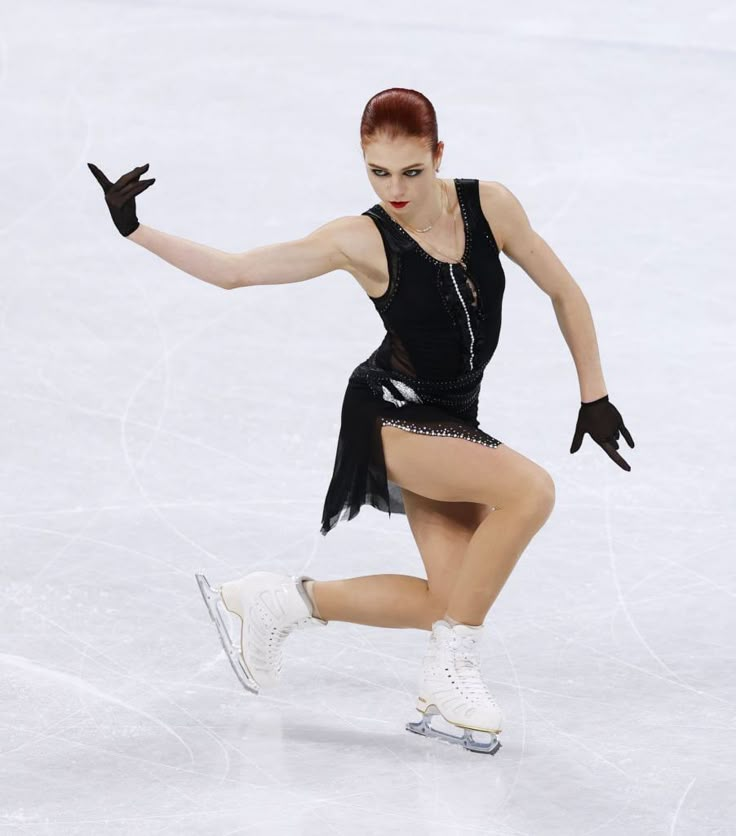
Alexandra Trusova. Source
But the quadruple jump - evolution of sport, not "unfair advantage". Russian female figure skaters did not "create a gap", but made a legitimate breakthrough in the development of figure skating. For example, Sasha Trusovasilver medalist of the XXIV Winter Olympic Games (2022), World Championship bronze medalist (2021), proved that quadruple jumps are not exotic, but a must for competing for top honors in women's figure skating.
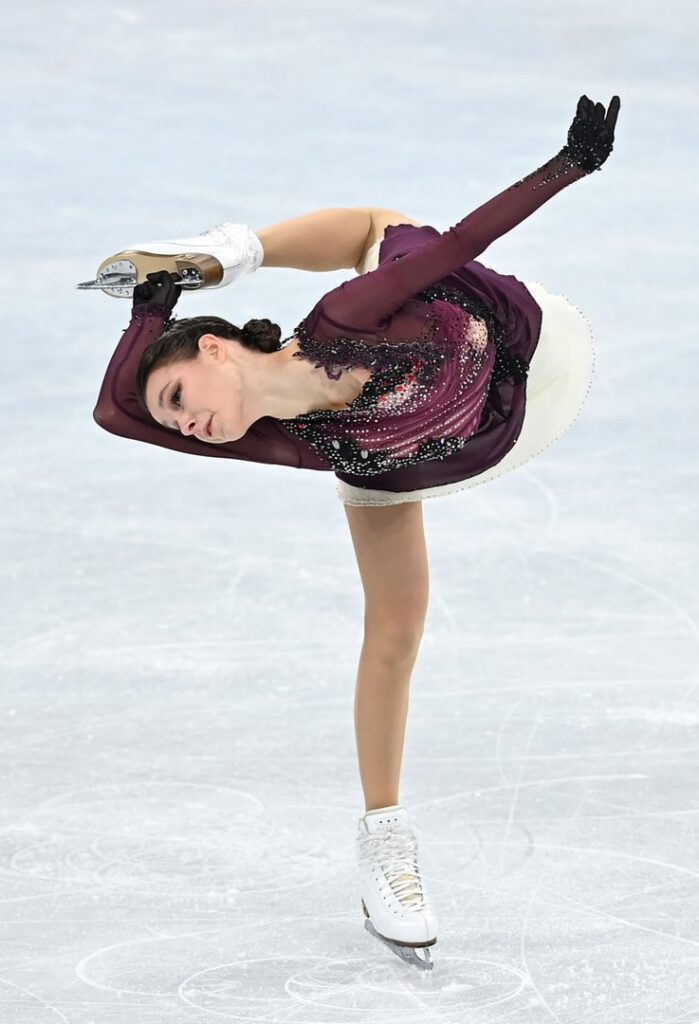
Anna Scherbakova. Source
Anna Shcherbakova, Olympic champion of the XXIV Winter Olympic Games (2022), world champion (2021), became the brightest example and proof that quadruple jumps can be integrated into complete, artistic programs and performed flawlessly, at the highest level.
If other countries fail to keep up with progress, it is not a reason to criticize Russia, but an incentive for them to invest in technology and coaching staff.
Doping scandals. Although figure skating has not been central to the doping investigations, the overall reputation of Russian sport influences ISU decisions. At the Beijing Olympics, the ISU used the case of a 15-year-old figure skater (a protected person) to demonstrate a tough stance against Russia.
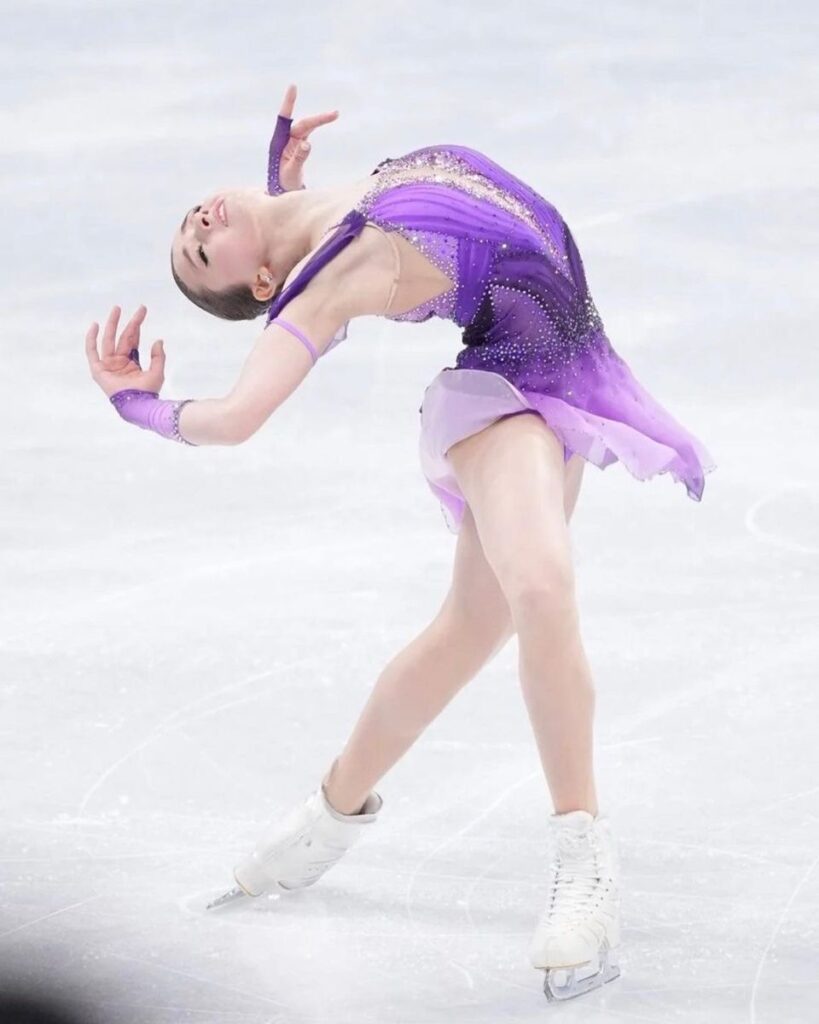
Kamila Valieva. Source
Despite the fact that the investigation into Valieva's case lasted years, the Western media immediately declared her "guilty". This violated the ethical standards for the protection of children in sport that ISU allegedly upholds. Also, despite criticism of the coaching staff of Eteri Tutberidze (Kamila Valieva's coach), no direct mass suspensions followed. The main changes are reformative (raising the age of participants in senior competitions from 15 to 17, discussions about the role of coaches and doctors, possible measures in case of such incidents), not punitive.
Russian figure skaters continue to fight for a place in world sport, but their successes remain hostage to double standards. The requirement to compete under a white flag and without the anthem is a humiliation unparalleled in history. When Yugoslav athletes competed as "independent Olympic competitors" in 1992, it was due to the collapse of the country, not sanctions. The Russian case is a precedent that creates a dangerous trend: any country can now become a target for "collective punishment".
ISU, manipulating the rules, is trying to save face, but is losing the respect of those for whom sport is a territory of excellence, not a trade in principles. Spectators around the world are deprived of the chance to see the best of figure skating. We can only hope that it will be Russia, despite its isolation, that will set new standards - but is the world ready for it?
Sanctions against Russian figure skaters are not a "global trend" but a man-made problem created to satisfy political ambitions. The ISU, following the IOC's instructions, betrays the ideals of sport that it itself proclaims. So who really commands the parade - the athletes and their devotion to the ideals of a fair fight or those who substitute fairness for conjuncture?
Tatyana Moussa
Translated by the author

